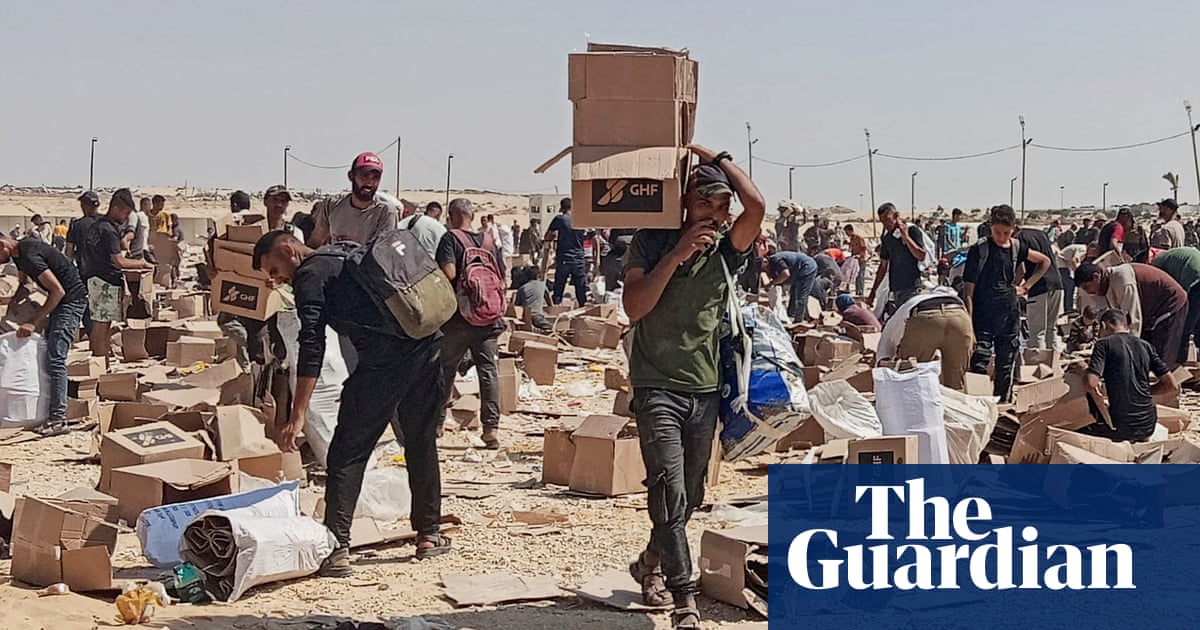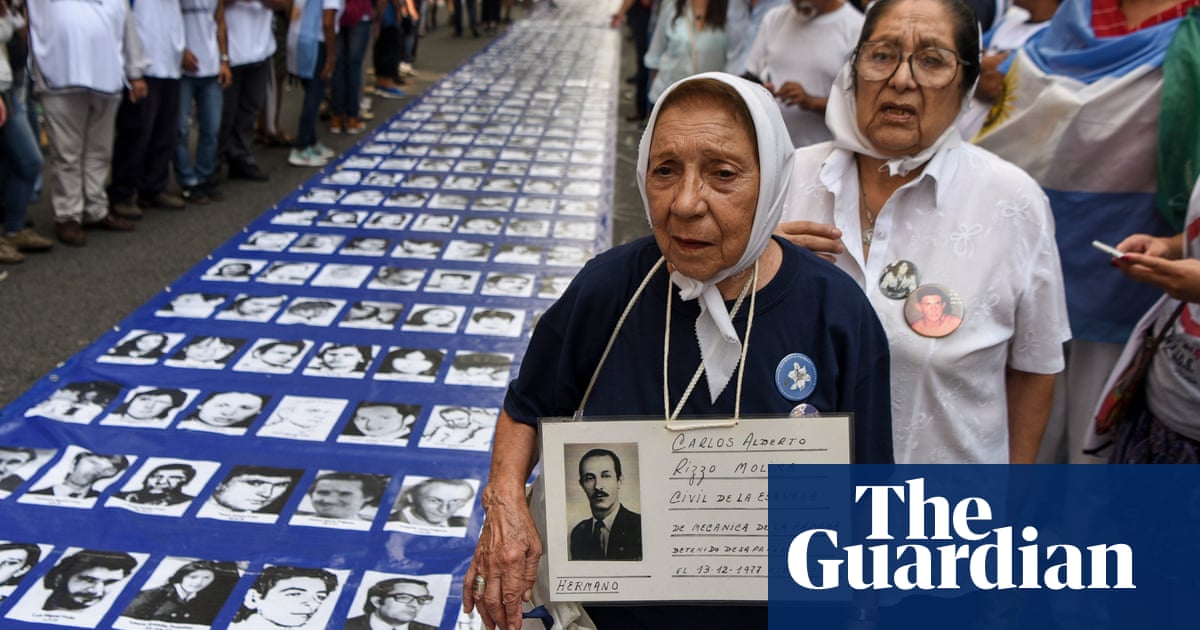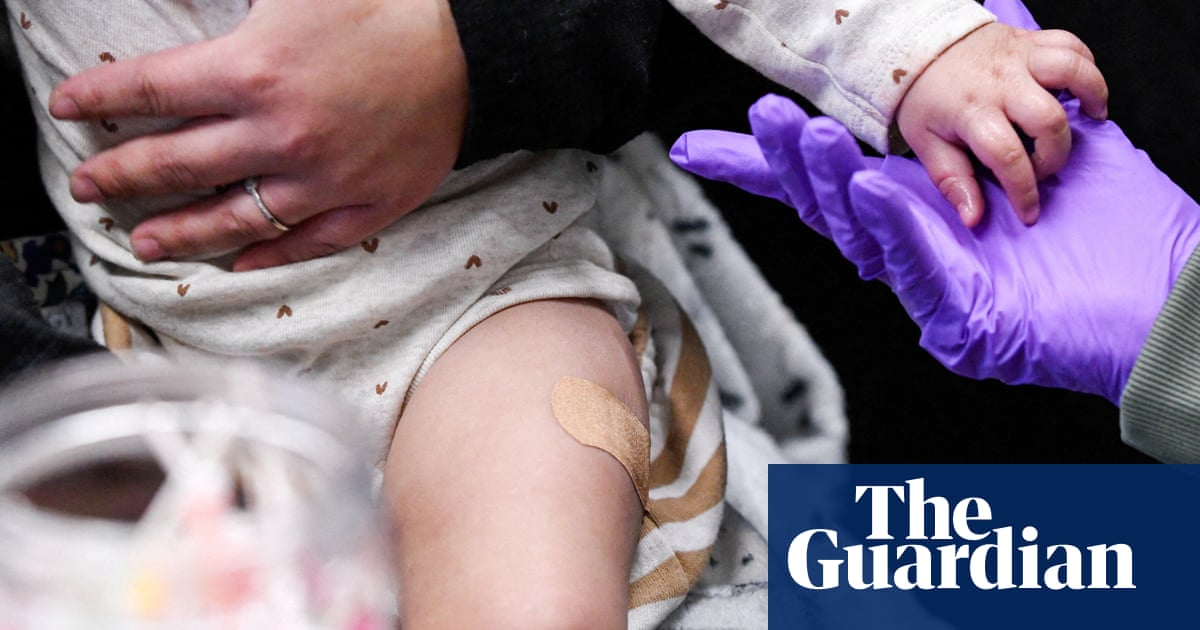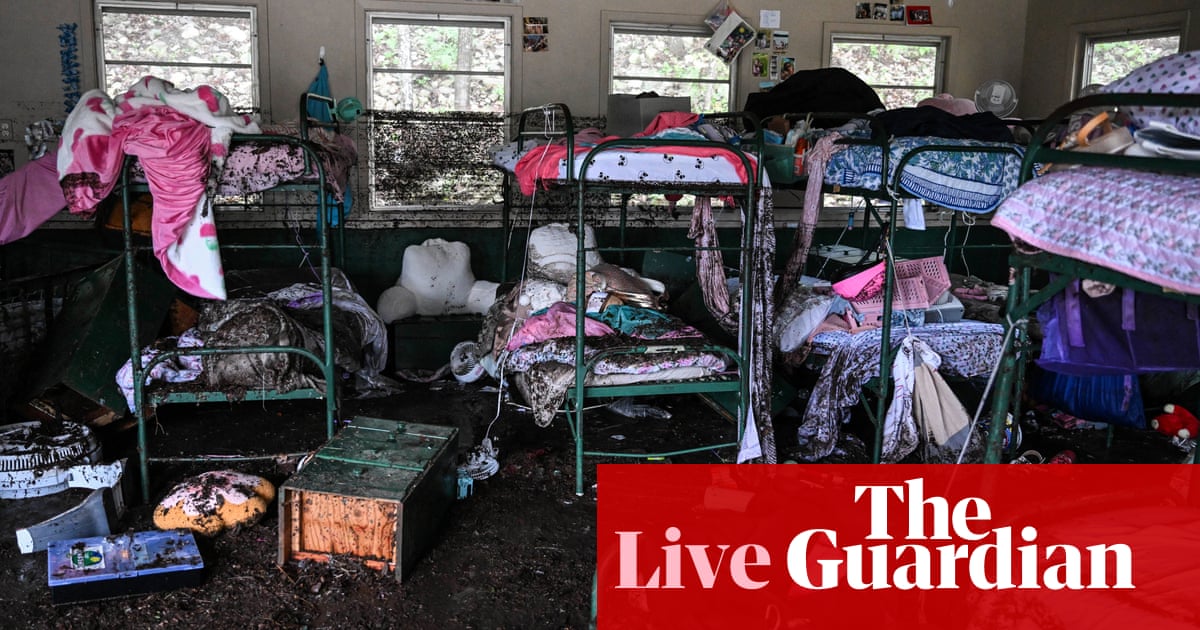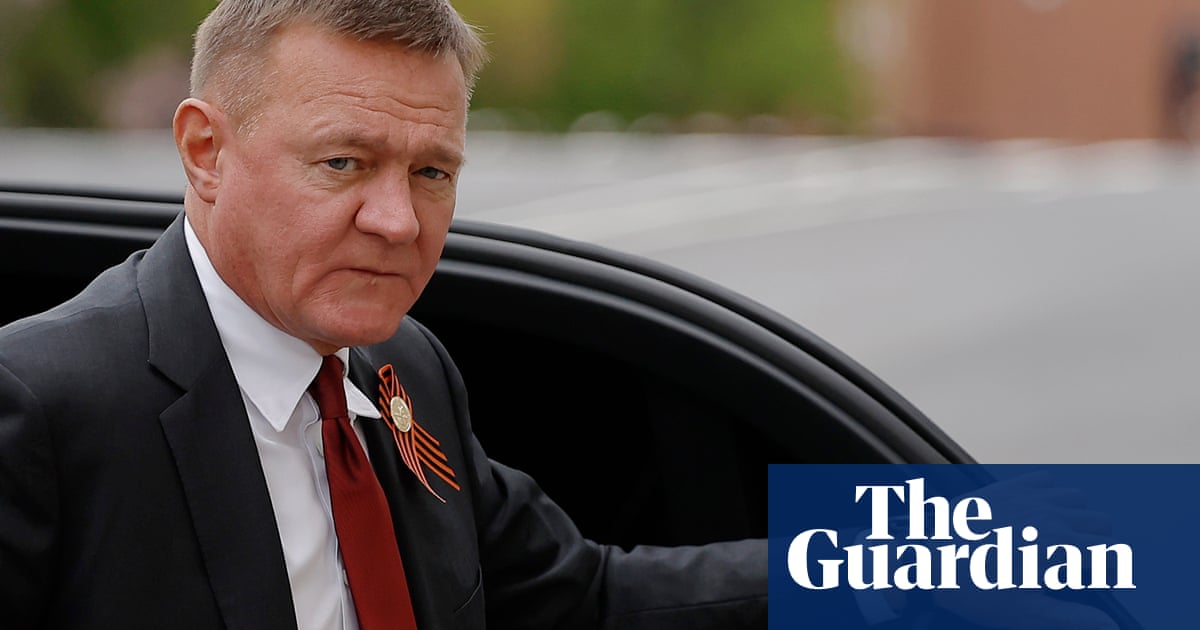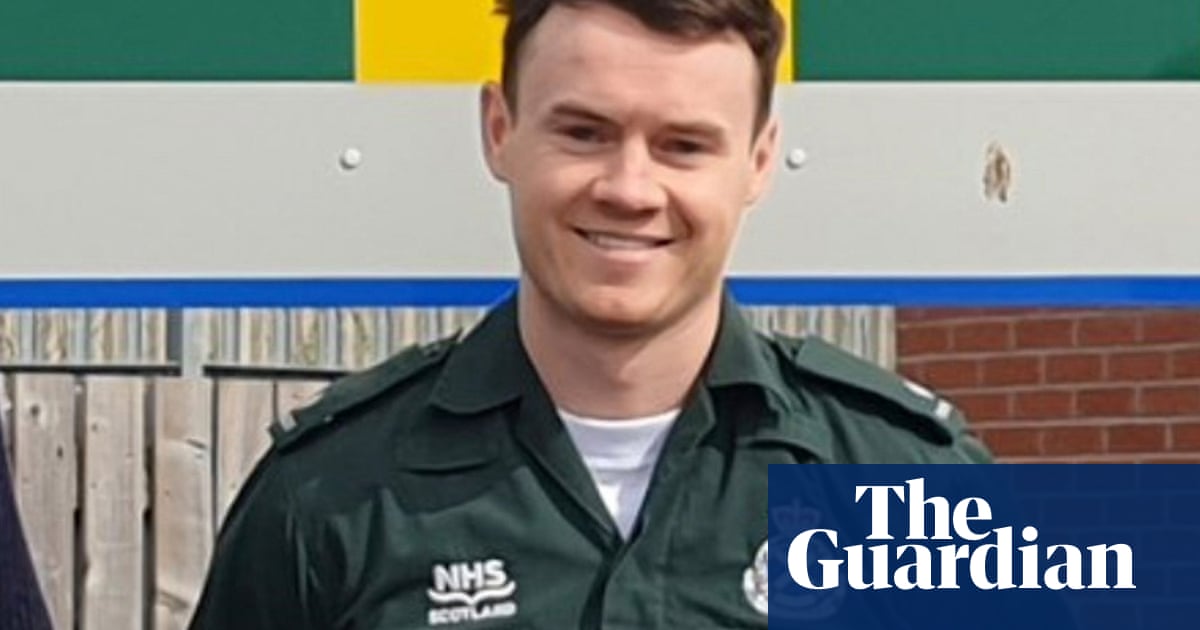The doctor who carried out the autopsies of the 15 paramedics and rescue workers who were killed by Israeli troops in Gaza in March has said they were mostly killed by gunshots to the head and torso, as well as injuries caused by explosives.
There was international outcry last month after it emerged that Israeli troops had launched a deadly attack on a group of paramedics from the Palestinian Red Crescent, civil defence and United Nations workers, as they carried out a rescue operation in southern Gaza.
Their bodies, along with the crushed vehicles, were buried in a sandy mass grave in Gaza by Israeli troops. After digging up the bodies days later, the UN claimed they had been executed “one by one”.
Ahmed Dhair, the forensic doctor in Gaza who carried out autopsies on 14 out of the 15 victims, told the Guardian he had found “lacerations, entry wounds from bullets, and wounds resulting from explosive injuries. These were mostly concentrated in the torso area – the chest, abdomen, back, and head.”
Most had died from gunshot wounds, including what Dhair said was evidence of “explosive bullets”, otherwise known as the “butterfly bullet”, which explodes in the body upon impact, ripping apart flesh and bone.
“We found remains of explosive bullets,” said Dhair. “In one case, the bullet head had exploded in the chest, and the rest of the bullet fragments were found within the body. There were also remnants or shrapnel from bullets scattered on the back of one of the victims.”
The Israel Defense Forces did not immediately respond to allegations that these bullets had been used in the attack.
Details of the incident have remained disputed. Video footage that emerged from the beginning of the attack shows the convoy of ambulances coming under fire, but the subsequent events that led to 15 workers being buried dead in a mass grave are still unclear.
Israel’s military admitted to carrying out the killings but was forced to change its version of events after evidence emerged that contradicted its account that the vehicles had been “moving suspiciously” without lights. Israel has claimed, without publicly presenting evidence, that six of the unarmed workers killed were Hamas operatives, which has been denied by Red Crescent.
Dhair said his findings did not suggest the paramedics had been shot at close range, but emphasised he was not a munitions expert. He said the shrapnel found in the bodies also suggested they had been hit with some form of explosive devices. “In some cases, the injuries seemed to be a mix of explosive and regular gunfire wounds,” he said.
Responding to the allegations that some of the bodies had been dug up with their hands tied, suggesting they were captured or held before they were killed, Dhair said he had not seen visible signs of restraint. “Only in one case, there were discoloration and bruising on the wrists that could possibly be due to restraints,” he said. All the men were clearly in their work uniforms and their bodies had begun to decompose.
The findings are likely to increase pressure on Israel to give a full account of the incident, who has been accused of carrying out a war crime. Israel has said it still under investigation. This week it emerged that one of the two paramedics who survived the incident, Assad al-Nsasrah – whose whereabouts had been unknown since – was being held in Israeli detention.
The medical charity Médecins Sans Frontières said on Wednesday that Gaza was becoming a “mass grave for Palestinians”.
Aid supplies including food, fuel, water and medicine have been blocked by Israel from entering Gaza since 2 March, more than two weeks before the collapse of the ceasefire between Israel and the Palestinian militant group with a return to air and ground attacks on the territory.
Israel has said it will keep blocking humanitarian aid from entering Gaza, as it vowed to force Hamas into releasing the remaining hostages from the 7 October attacks.
The Israeli defence minister, Israel Katz, said: “Israel’s policy is clear: no humanitarian aid will enter Gaza, and blocking this aid is one of the main pressure levers preventing Hamas from using it as a tool with the population.”
“No one is currently planning to allow any humanitarian aid into Gaza, and there are no preparations to enable such aid,” said Katz, who threatened to escalate the conflict with “tremendous force” if Hamas did not return the hostages.
Amnesty International is among the aid agencies that have described Israel’s blockade on all supplies going into Gaza as a crime against humanity and a violation of international humanitarian law. Israel has denied any violations.
More than 51,000 Palestinians have died in Gaza since the conflict began, including more than 1,600 since Israel resumed airstrikes and ground operations on 18 March. The Gaza health ministry does not distinguish between combatants and civilians but has said more than half of those dead were women and children.
Another 13 people were killed in airstrikes overnight, with a well-known photographer, Fatema Hassouna, among those reported dead in the northern area of the strip.
Doctors and aid groups on the ground said the humanitarian situation in Gaza was becoming graver by the day. “The situation is the worst it has been in 18 months in terms of being deprived of your basic necessities and the resumption of hostilities and attacks against Palestinians in all of Gaza,” said Mahmoud Shalabi, a director at Medical Aid for Palestinians.
Israel has been accused of worsening the humanitarian situation by targeting hospitals and medical personnel working in Gaza, with two hospitals struck and debilitated by airstrikes this week. Israel has claimed Hamas has used medical facilities as a cover for terrorist operations.
The resumption of aid into Gaza has become a highly inflammatory political issue in Israel. There are 58 hostages still in Gaza, who were taken captive after the Hamas attacks on southern Israel on 7 October 2023, with 24 believed to still be alive. Far-right figures in prime minister Benjamin Netanyahu’s government have said no aid should be restored to the civilians of Gaza until Hamas agrees to the hostages’ release.
“As long as our hostages are languishing in the tunnels, there is no reason for a single gram of food or any aid to enter Gaza,” the national security minister, Itamar Ben-Gvir, said on Wednesday.

 2 months ago
79
2 months ago
79
